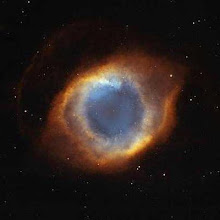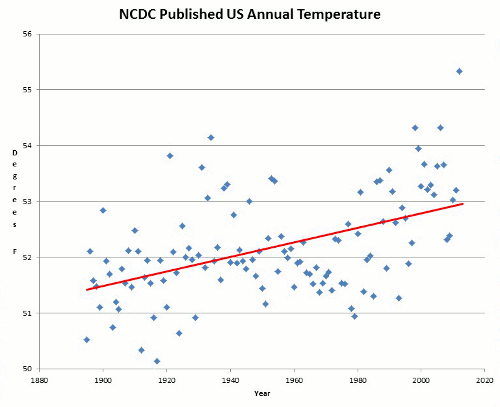TOPEX/Poseidon was launched by NASA in 1992, and collected data until 2005. In 2001, NASA and France's Centre National d'Études Spatiales (CNES) launched its follow-up mission, Jason-1. Jason-2 was launched in June of this year (2008).
According to an Article written by Michael Asher.
Satellite altimetry data indicates that the rate at which the world's oceans are rising has slowed significantly since 2005. Before the decrease, sea level had been rising by more than 3mm/year, which corresponds to an increase of about one foot per century. Since 2005, however, the rate has been closer to 2mm/year.
Sea level rise was calculated from altimetry data from the TOPEX/Poseidon and Jason-1 satellite missions, published by the University of Colorado, Boulder.
Dr. James Choe, a research associate with the University of Colorado, says the decrease is temporary. "Interannual variations often cause the rate to rise or fall", he says. Choe believes an accelerating trend will reappear within the next few years. Oceanographer Gary Mitchum of the University of South Florida, says making any judgement from the limited data available is "statistically so uncertain as to be meaningless".
Others disagree. Dr. Vincent Gray, a New Zealand based climatologist and expert reviewer for the IPCC, believes that the accelerated trends seen earlier were simply an artefact of poor measurements. "The satellite system has undoubtedly shown a rise since 1992, but it has levelled off", he tells DailyTech. "They had some bad calibration errors at the beginning."
Gray points to a study done by Flanders University using tide gauges which, he says, measured no perceptible increase in sea level over its entire 15 year period.
Sea level has been rising since the end of the last ice age, some 20,000 years ago. During an episode known as "Melt water Pulse 1A", the world's oceans rose by more than 5 meters per century, a rate about 20 times faster than the current increase.
Satellites are not the only system to be accurately measuring the oceans of the world. The Argo Buoy system with it's 3325 Buoys measure ocean temperature.
Why is this significant? Well if the global heating effect is being transferred to the oceans instead of the atmosphere as was claimed by Climate Minister Wong in her reply to Senator Fielding's questions in 2009:
(A)t time scales of around a decade, natural variability can mask the atmospheric warming trend caused by the increasing concentration of greenhouse gases.
...When climate change scientists talk about global warming they mean warming of the climate system as a whole, which includes the atmosphere, the oceans, and the cryosphere… (I)n terms of a single indicator of global warming, change in ocean heat content is most appropriate.
Then it may well have an effect on rising seas through thermal expansion.
As can be seen from the data from those buoys there has in fact been a cooling not a heating take place in the oceans from 2004 onward.
The whole Fielding - Wong exchanges are covered very well here.



















No comments:
Post a Comment